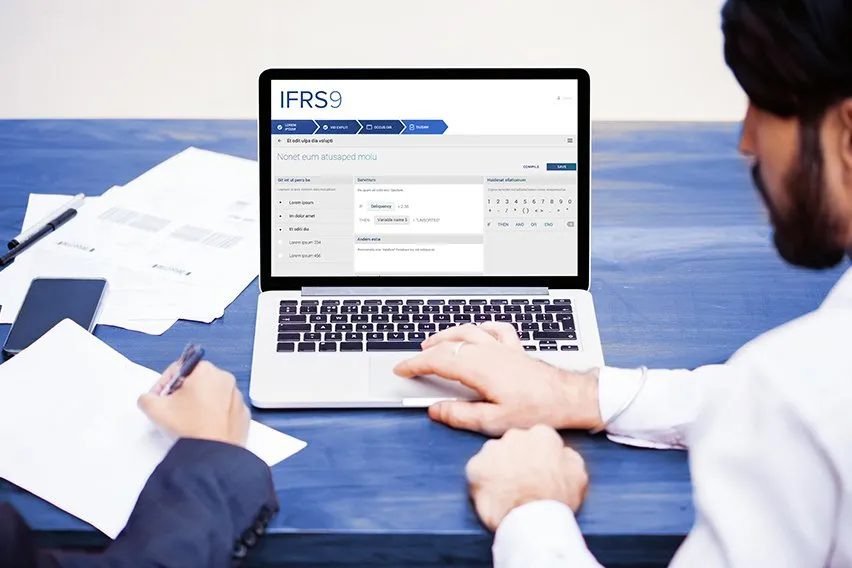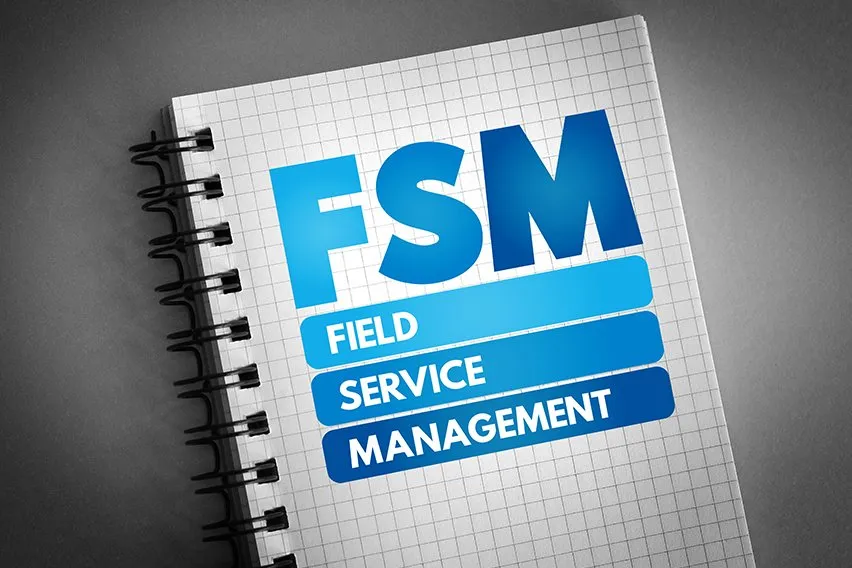What Is IFRS (International Financial Reporting Standards) – Accounting

IFRS is how most of the world standardised accounting practices. Find out what they are, who follows them and why it matters.
Imagine a magical way in which 144 nations agree to standardise accounting practices. That is the core purpose of the International Financial Reporting Standards or IFRS. These are international standards based on accounting principles. Many countries in the world follow them.
Here’s What We’ll Cover:
What Are The IFRS Requirements?
What Is IFRS?
The International Accounting Standards Board (IASB) created the International Financial Reporting Standards.
They originated in the European Union to standardise accounting reporting processes across countries.
It makes it easier to do international business.
The idea behind it was to encourage transparency in global financial markets. Trustworthy financial reporting helps build strong economies. Investors have more faith in investing in countries with clear financial reporting standards.
IFRS covers more than just financial reporting as the name suggests. It also aims to create a common accounting language on financial statements and general practices. That facilitates global business transactions and helps investors analyse potential prospects.

Who Uses The IFRS?
The IFRS have been adopted by 140 countries across the world. These include the European Union, Russia, India, Chile, South Africa, Canada and, of course, the United Kingdom.
China and the US have their own accounting systems that differ from the IFRS in various ways.
The Chinese system is called ASBEs or Accounting Standards for Business Enterprises.
The US use GAAP or Generally Accepted Accounting Policies.
However, to trade internationally, accounting teams need to be well versed in the IFRS. The country you are trading in will require that the local accounting standards are followed. So the IFRS make it easier for global financial transactions to happen.
What Are The IFRS Requirements?
A few of the standard requirements defined by the IFRS are:
- Statement of Financial Position – Balance sheetsThis rule dictates that companies must have clear balance sheets. These report and track their financial position of the company at the end of the accounting period.
- Statement of Profit and Loss – Comprehensive IncomeThe IFRS requires a single profit and loss statement. Alternatively you can present two separate statements for profit and loss. What’s defined as “income” has certain parameters. You must report income that is not considered profit separately.
- Statement of Changes in EquityThis report shows the differences in equity from one accounting period to the previous one.
- Statement of Cash FlowsThis report is for displaying the company cash flow. The cash flow statement needs to separate into operations, financing and investing.
- Notes of Compliance – Summary of Accounting PoliciesThese are notes displaying the company accounting policies. If they are heeding IFRS regulations, that has to be clearly written too.

IFRS vs GAAP
The United States has its own accounting rules called GAAP. That is the Generally Accepted Accounting Policies. The Financial Accounting Standards Board or FASB set these rules for the US. US based companies need to follow these rules rigorously. As do any foreign companies that look to trade in the US.
There are a few key differences between the two accounting frameworks.
- GAAP is much more detailed and regimented than IFRS. This is because the IFRS needs to account for the differences with global companies. So the regulations are quite vague and malleable to fit a company’s needs.
- Revenue recognition is more strict with GAAP. The IFRS allows companies to report revenue earlier and defines revenue in looser terms. Therefore, a balance sheet following the IFRS may present higher revenue values than a GAAP balance sheet.
- Reporting expenses differs with the IFRS system. An example is with development of future reinvestment money. With GAAP, these are expenses. With IFRS, you can capitalise these instead of reporting them as expenses.
- Inventory rules are very different between the two systems.
- Inventory reversals aren’t permitted under GAAP. IFRS allows it in certain circumstances.
- GAAP allows for three different inventory reporting methods.
- FIFO meaning First In, First Out method
- Weighted average cost method
- LIFO meaning Last In, First Out method
IFRS bans the LIFO method
Key Takeaways
The IFRS are accounting requirements that standardise financial reports internationally.
For more accounting guides, check out our resource hub.
RELATED ARTICLES

 5 Best Field Service Management Software in the UK
5 Best Field Service Management Software in the UK Financial Intermediaries: Definition, Importance & Function
Financial Intermediaries: Definition, Importance & Function What Is BPS (Basis Points) In Finance? Definition & Calculation
What Is BPS (Basis Points) In Finance? Definition & Calculation What Are Internal Sources of Finance?
What Are Internal Sources of Finance? Explaining CAPM Model (Capital Asset Pricing Model)
Explaining CAPM Model (Capital Asset Pricing Model)